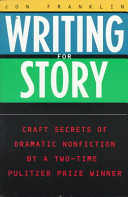
This book was an unexpected find, but a welcome one. I had already worked in journalism classes to do just what the title promised and this new perspective looked promising.
The book did not disappoint. The examples of the author's own stories by themselves make the book worth its price (of course, I got it cheap at a used book store). What makes it practical is how he breaks down his stories, explaining them piece by piece.
Without denying the need for creativity, he argues that understanding the techniques of writing and practicing them goes a long way. He supports this with specifics on structuring and pacing stories. His advice for finding stories worth telling was useful as well.
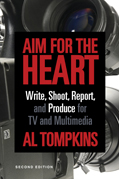
I read this because it was assigned reading for a fall semester course. But it didn't feel like assigned reading: I liked it. The author's stories are both illuminating and enjoyable. Also, the author's approach to finding emotional stories and telling them effectively is worth studying. I particularly liked his suggestion to tightly focus your story to make it resonate.
The author manages to cover a variety of topics, which are all related to his broader philosophy of telling emotional stories. I thought his sections on presenting numbers visually, interviewing and being a skeptical, but not cynical, journalist were particularly good.
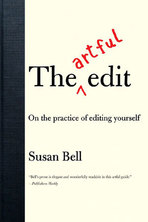
Many books try to teach you how to think like a writer. This book tries to teach you how to think like an editor. Trickier still, it tries to help you get that perspective when you look at your own work. The author's expertise isn't in journalism, and none of her examples are from that field. But the techniques are universal. Her strategies for gaining perspective will help any type of writing.
Some of the techniques I liked best were the simplest, like the suggestion to get away from your computer after you finish drafting and spread out your pages or hang them up. But I also liked the sections that were less immediately practical, like the history of editing and the interviews with writers and poets.
On the other hand, I did read some pretty wonderful pieces this year. Besides one or two from classes, I often find stories on Longform.org that are well crafted. I will highlight some of those soon.
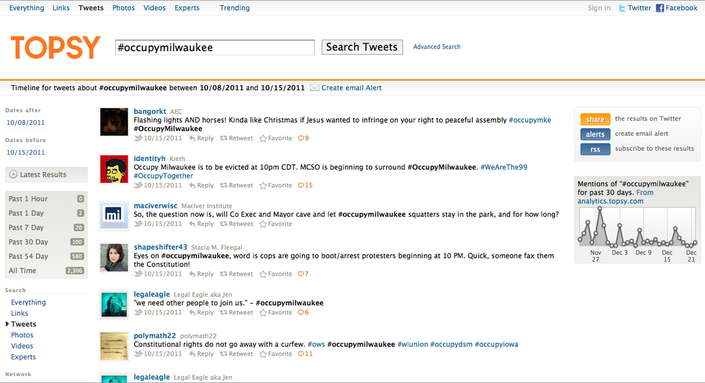



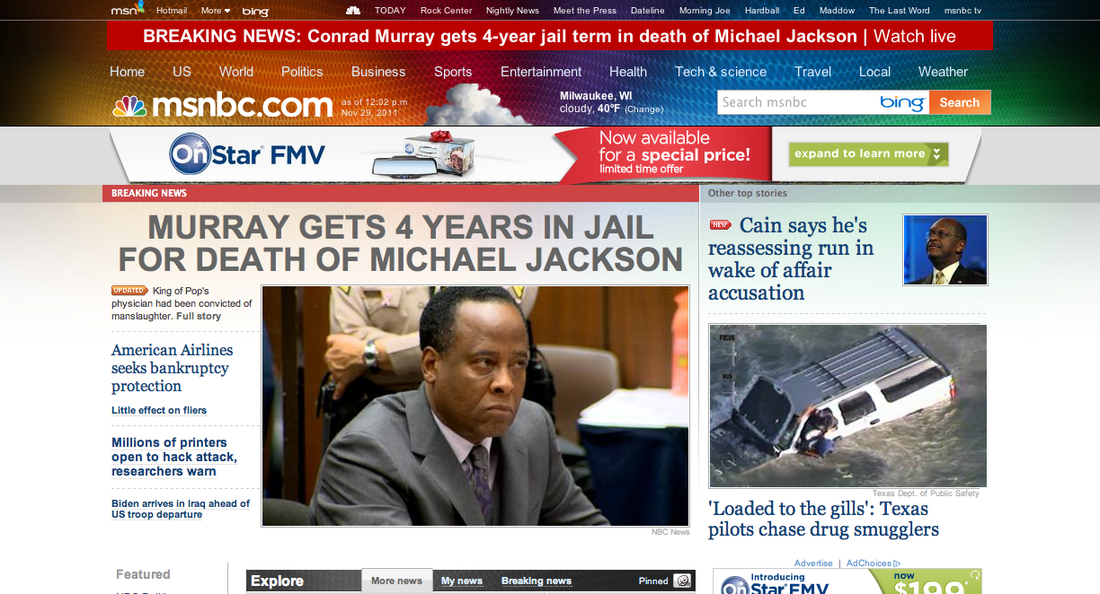
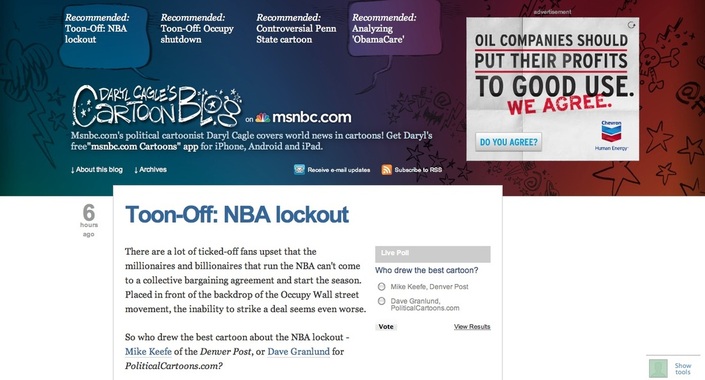
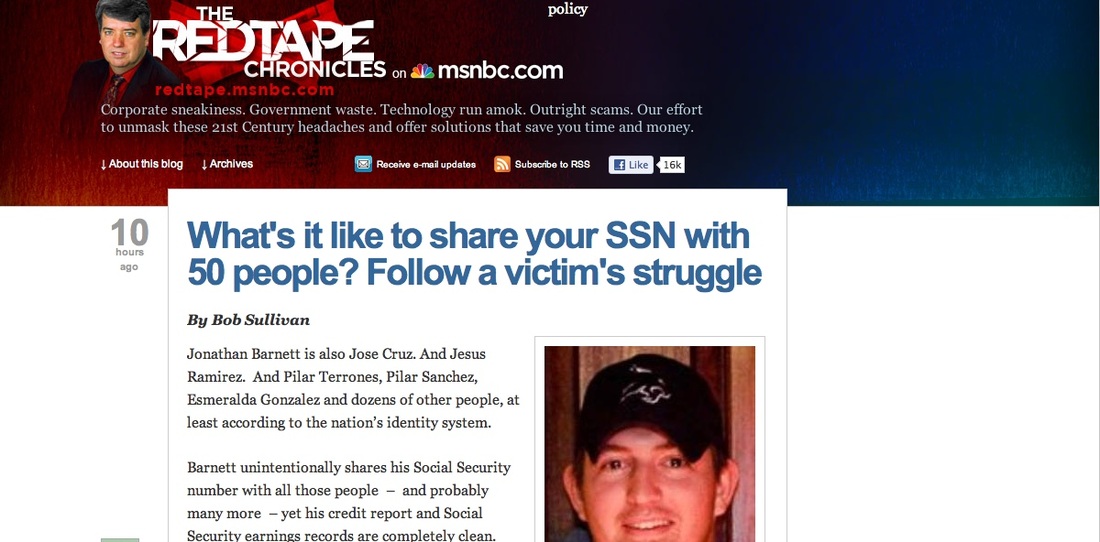
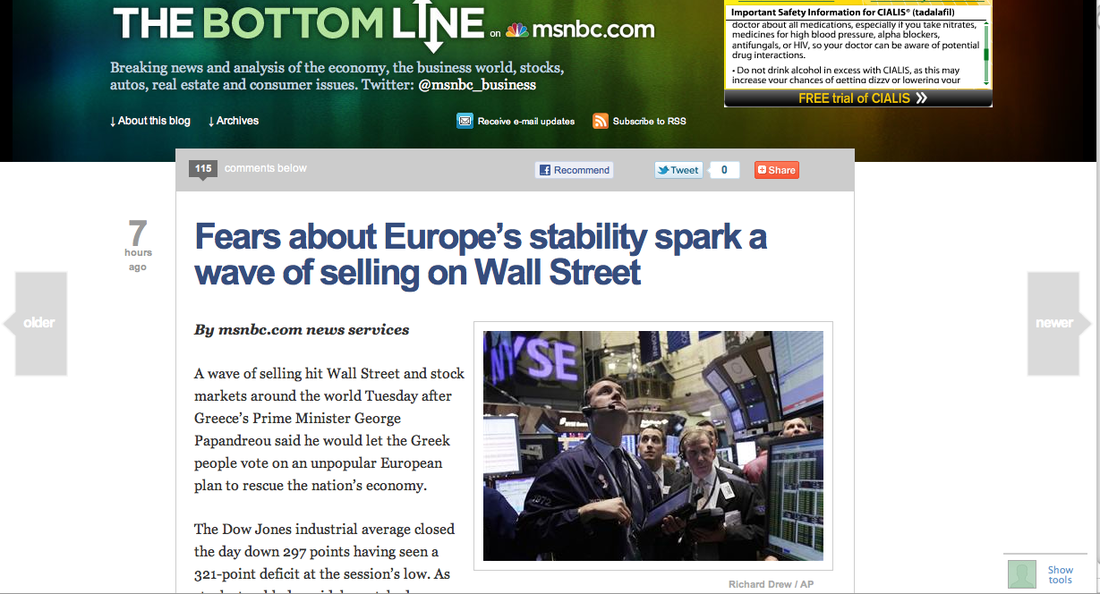
 RSS Feed
RSS Feed